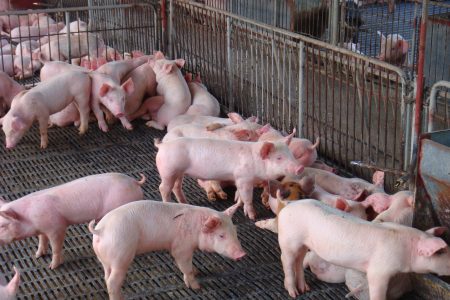Charoen Pokphand Foods Philippines Corp (CPF) is investing USD 1 billion over five years to expand pig production across the country. The plan aims to restore the national swine population to pre-African swine fever (ASF) levels by 2028.
Agriculture Secretary Francisco Tiu Laurel Jr welcomed the initiative, calling it a strategic boost to food security and rural employment. He said the expansion supports the government’s zero-kilometer food system, which promotes local production and agricultural investment.
Mr Tiu Laurel also urged CPF to consider building facilities near tourist hubs to reduce food costs in those areas.
Agro-industrial complexes to drive growth
CPF presented its plan through Executive Vice President Sakol Cheewakoset, outlining nine potential sites for agro-industrial complexes nationwide.
Costing roughly USD 125 to build, each site will span roughly 20ha and include feed production and pig processing facilities. Feed plants will produce approximately 10,000 tons monthly, requiring corn from 5000 ha of farmland.
CPF’s production targets by 2030 include:
- ✅ 4.7 million heads in Luzon
- ✅ 1 million heads in the Visayas
- ✅ 1.2 million heads in Mindanao
This would raise CPF’s total capacity from 1.3 million to 7 million heads.
Hog recovery plan gains momentum
The Department of Agriculture (DA) has been working to reverse ASF’s impact since the first outbreak in 2019. The national swine population has dropped from 13 million to around 8 million heads.
Repopulation strategy includes ASF vaccination and breeder distribution to reach pre-pandemic levels within three years.
Last month, the new Animal Industry Development and Competitive Act was enacted. The law allocates over USD 300 million annually for livestock, poultry, and dairy development over the next decade. Nearly one-fifth of this funding (USD 67.6 million) will support hog repopulation efforts.
CPF’s investment complements the DA’s recovery plan by modernizing farms and supporting local pig producers. Officials said the expansion will stabilize pork supply and improve resilience against future disease outbreaks.

